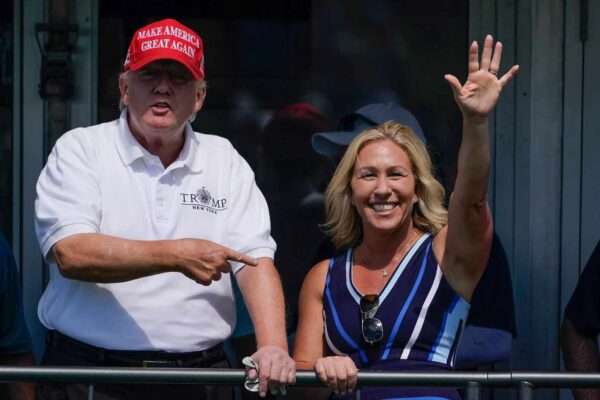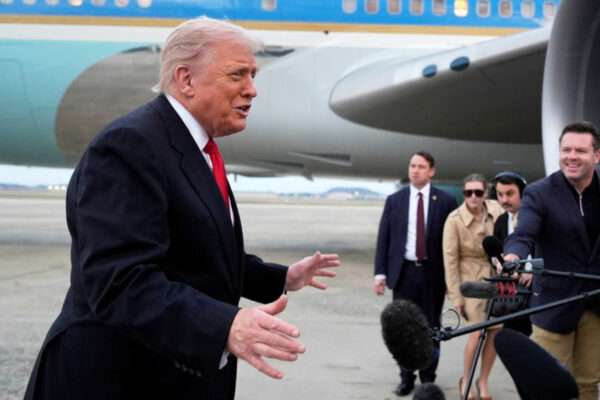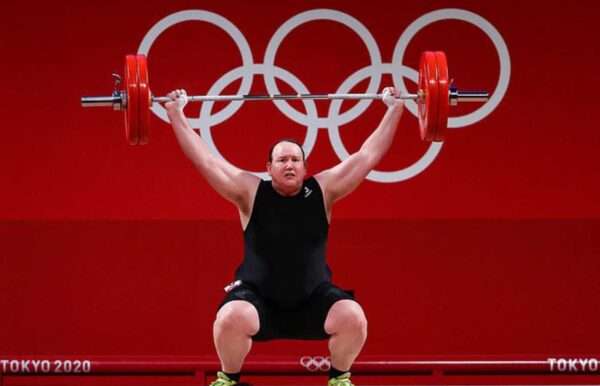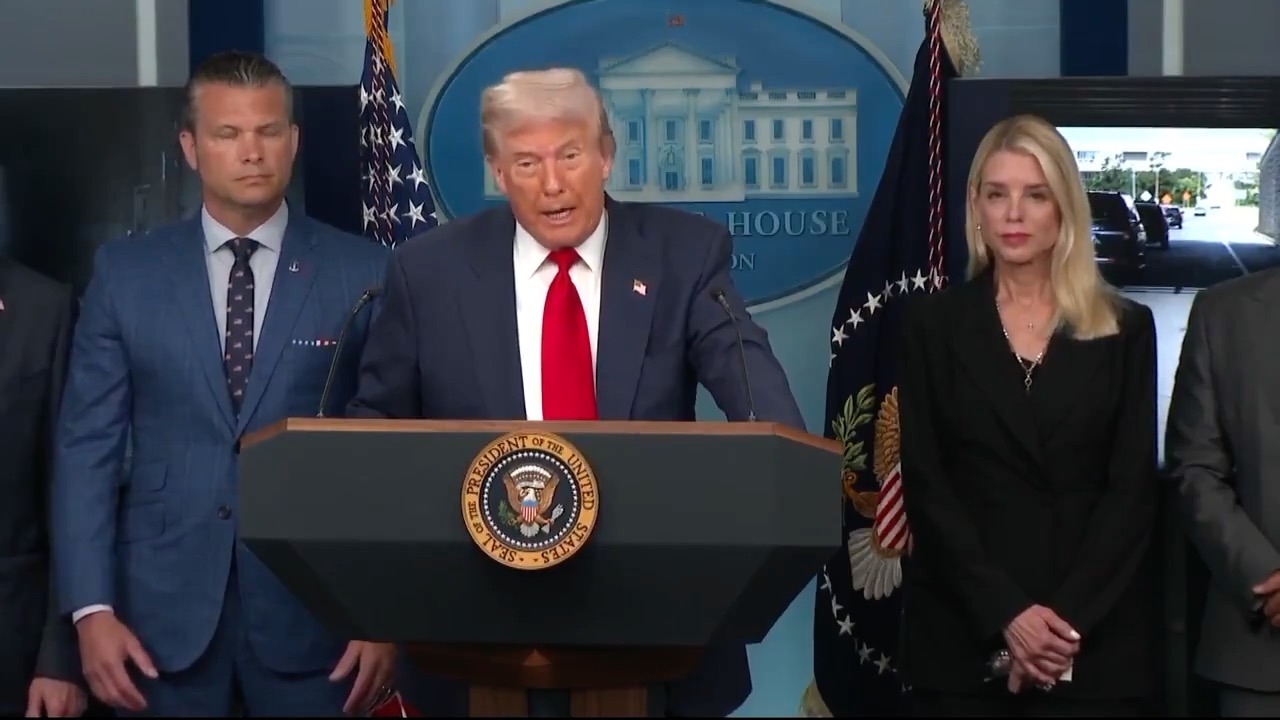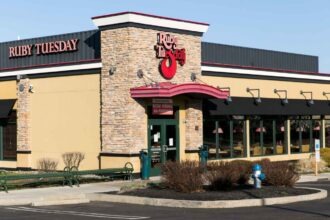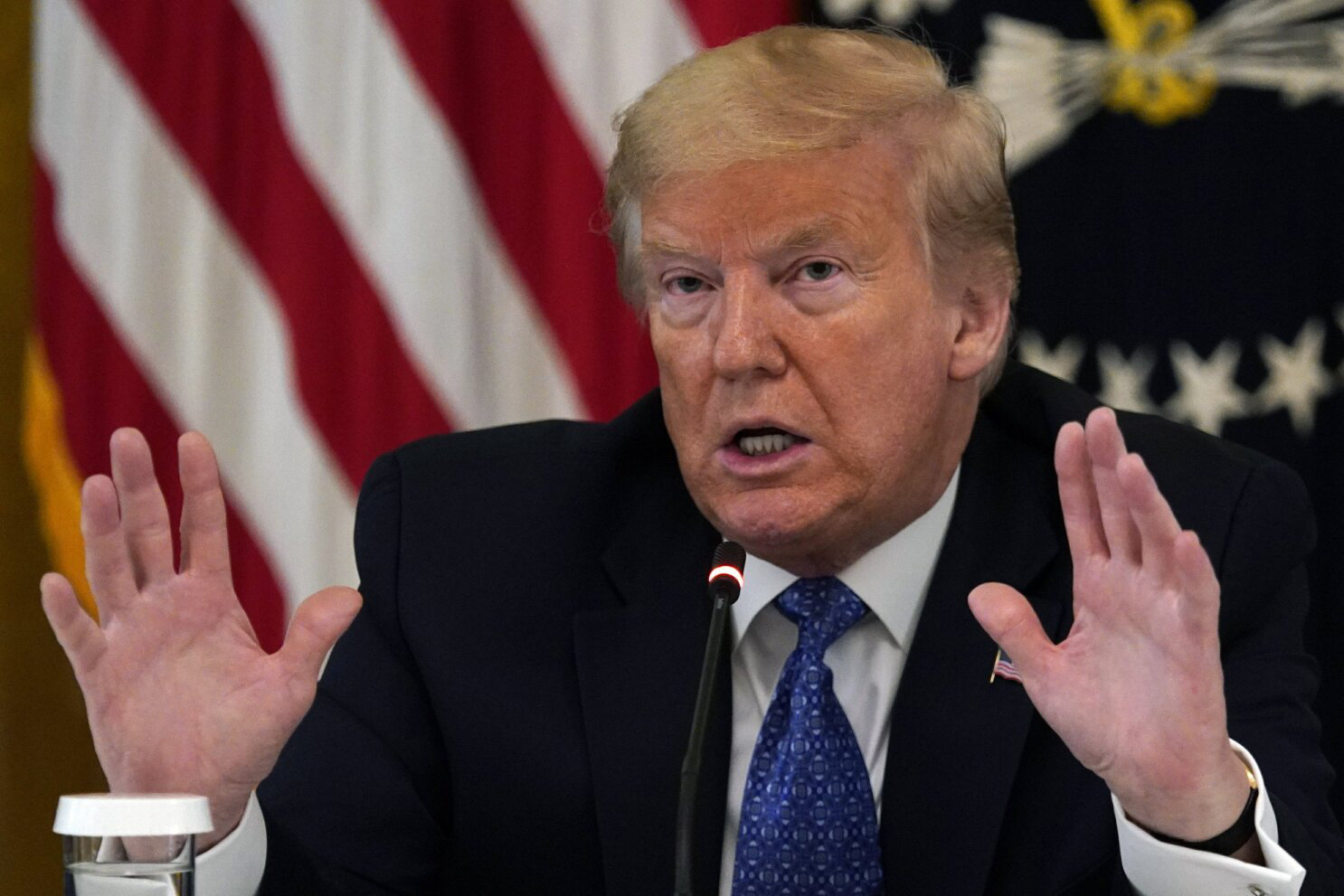NEED TO KNOW
- President Trump waives tariffs on beef, coffee, bananas, and more to lower food prices.
- Move shocks economists who spent years shouting that tariffs raise prices.
- White House insists this is not an admission, just “aggressive coincidence management.”
President Donald Trump surprised the country this week when he declared that removing tariffs on beef, coffee, bananas, and several other food imports will help lower grocery prices. The announcement caused many Americans to pause, since it also confirmed the exact thing they had been screaming into the void for two years. Prices increased because tariffs increased costs, which is how tariffs work, yet the administration insisted everything was fine.
Shoppers welcomed the change, although many wondered why their weekly grocery bill has resembled a mortgage payment. Trump framed the move as a bold act of compassion, even though he was simply reversing a policy that made steak a luxury item and pushed bananas into rare collectible status. Still, he claimed he had solved the problem that experts warned him about, which he ignored.
White House Calls It Victory, Economists Call It “Basic Math”
The White House celebrated the exemptions as evidence of Trump’s skill in managing supply chains, despite the fact that the administration created the price spikes in the first place. Officials insisted the policy was working as intended, although consumers disagreed. Many families cut back on basic items as tariffs pushed prices higher.
Economists pointed out that the president’s move confirmed the simple truth that higher import costs mean higher shelf prices. Trump dismissed the criticism, saying he was focused on helping the American shopper. His aides argued that the new exemptions will help prices fall, even though the link between tariffs and costs has been clear for decades.
Grocery stores reacted quickly, with some managers expressing relief. One manager explained that customers have complained about soaring prices for months. The change offers some hope, since lower import costs can ease price pressure on essential foods.
Still, some supporters insisted the earlier tariffs were part of a secret plan that only makes sense now. Critics laughed at the idea, since nothing in the policy suggested a larger strategy beyond raising prices and then lowering them. Yet Trump maintained that his actions prove he has a unique understanding of global markets.
Shoppers continue to hope the exemptions will reduce their bills soon. Many families remain cautious, because the impact of the change will take time to reach stores. However, experts agree that the new policy should improve conditions for households as the supply chain adjusts.
Trump said the move shows he is listening to people who want relief from high grocery bills. His critics said the move simply fixes a problem he caused. Voters will decide which view makes more sense, although they may reach a conclusion after comparing their receipts.
Sometimes the best way to solve a mess is to stop making the mess in the first place
Clara Britton, Center for Responsible Trade Talk


